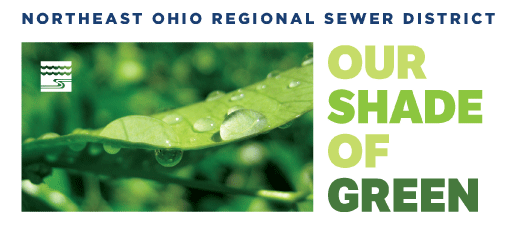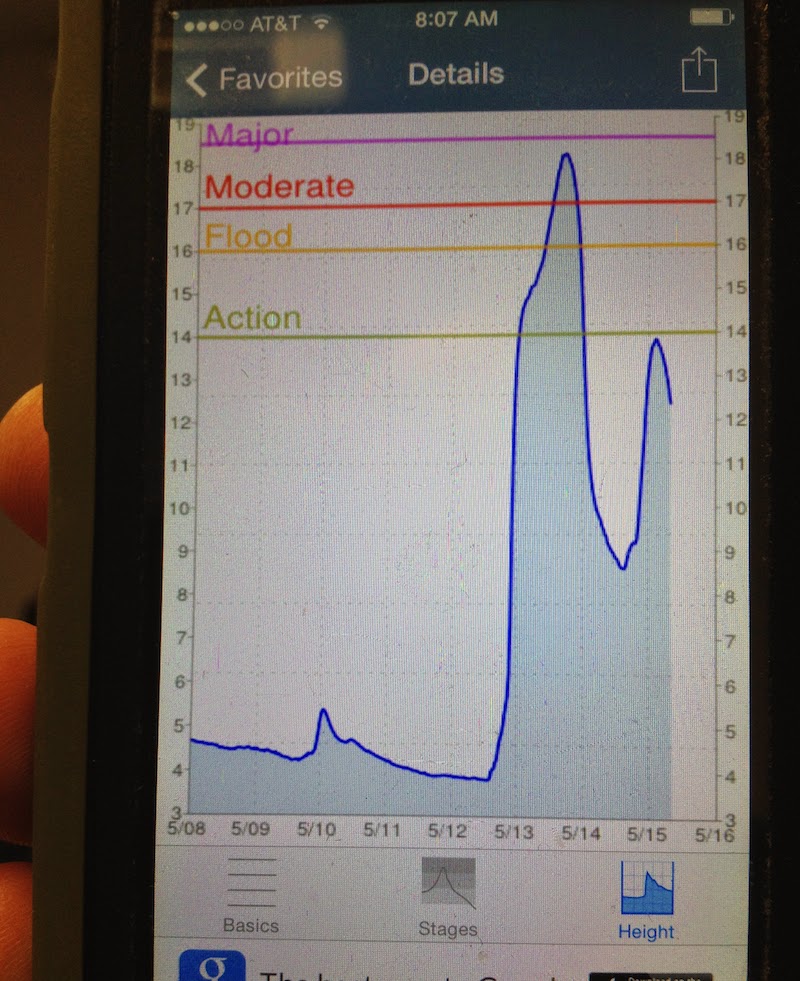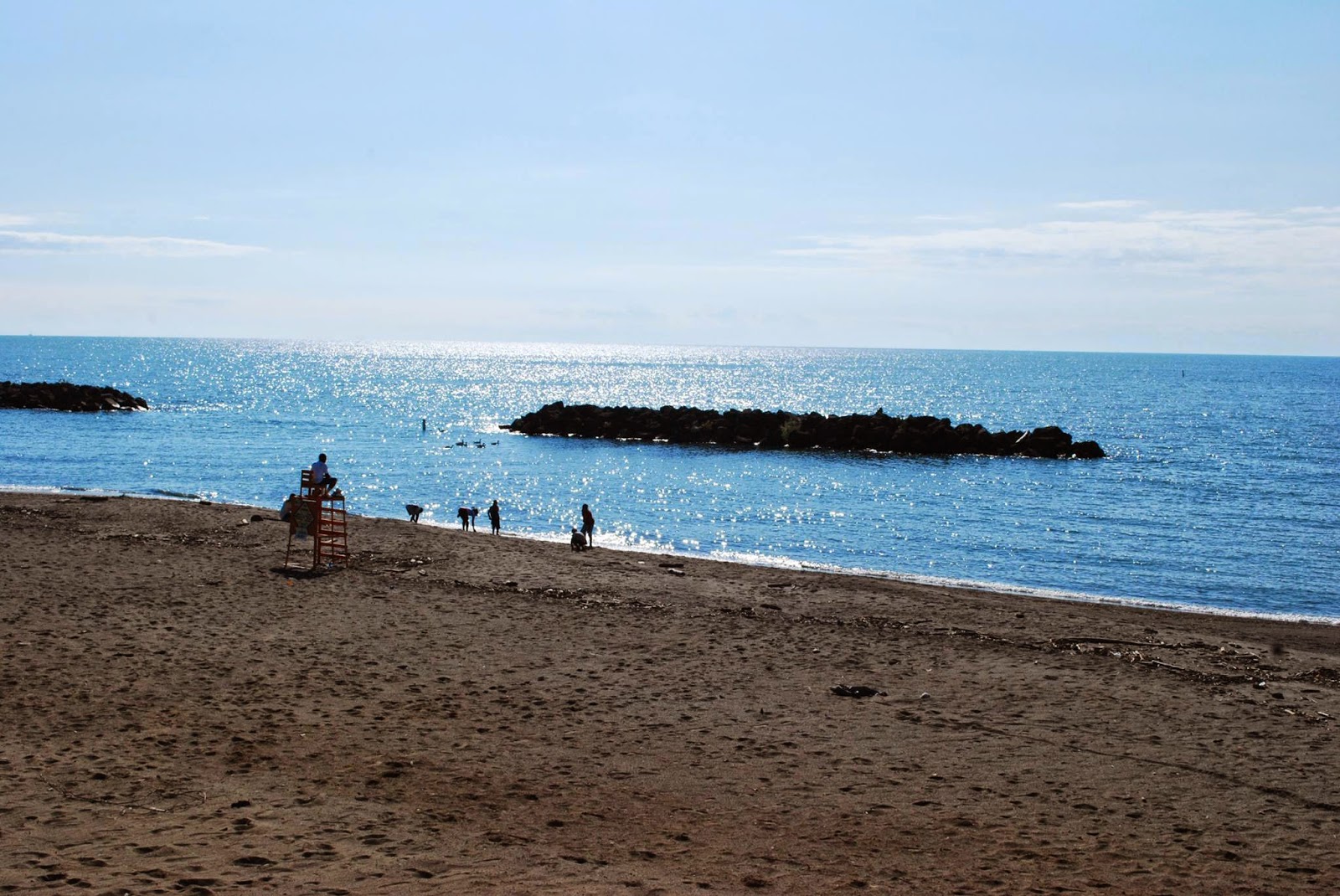
GREEN: Understanding the spectrum, our shade of green must be smart stormwater solutions [#neorsdGREEN]
Posted by Jared Shepherd
- 4440 Views
- May 20th, 2014
- in Miscellaneous
- No Comments
The Northeast Ohio Regional Sewer District actively engages in GREEN INFRASTRUCTURE projects that promote smart stormwater solutions.
Our smart stormwater solutions always consider the following four criteria:
COST
As responsible stewards of our customers’ money, we take into account the cost vs. the benefits of different methods of stormwater control—whether to go gray (build a tunnel) or green (construct a bioretention feature).
SITE CHARACTERISTICS
The decision of whether to build a tunnel or construct a bioretention feature depends on the particular characteristics of any one site and any one combined-sewer area. These characteristics include:
- The adage is true: Location, location, location.
If we’re managing stormwater in an area where there is no discharge point (such as a stream or lake), we have to carry that flow far away via an expensive pipe. That drives up the cost, compared to an area adjacent to a stream, where the water can just flow. - The presence or absence of separate sewers leading into the combined system.
If stormwater already is separated from sanitary waste, we don’t have to build new separate pipes. - The presence of sandy soil.
If the soil is sandy, we can infiltrate runoff into the ground. In harder clay soils, we have to detain the stormwater and transport it elsewhere. - Topography.
Is there a difference in elevation in an area? For example, if several streets all run downhill, the stormwater from those hard surfaces can be collected in one open space, ideal for green infrastructure.
NEIGHBORHOOD IMPACT
We make sure that our green infrastructure plans meet the vision of the community in which those plans will be implemented. How does one of our construction projects align with a neighborhood’s plan for a new park? How do our proposals for vacant properties align with the residents’ wishes? We must consider the priorities of the neighborhood.
SUSTAINABILITY
Any project that we implement, we will maintain. Therefore, we need to have the ability to access and control these properties. Often, it is more effective and efficient for the Sewer District to own a large green-infrastructure parcel of land than to have many smaller, distributed projects.
Michael Uva, Communications Specialist


